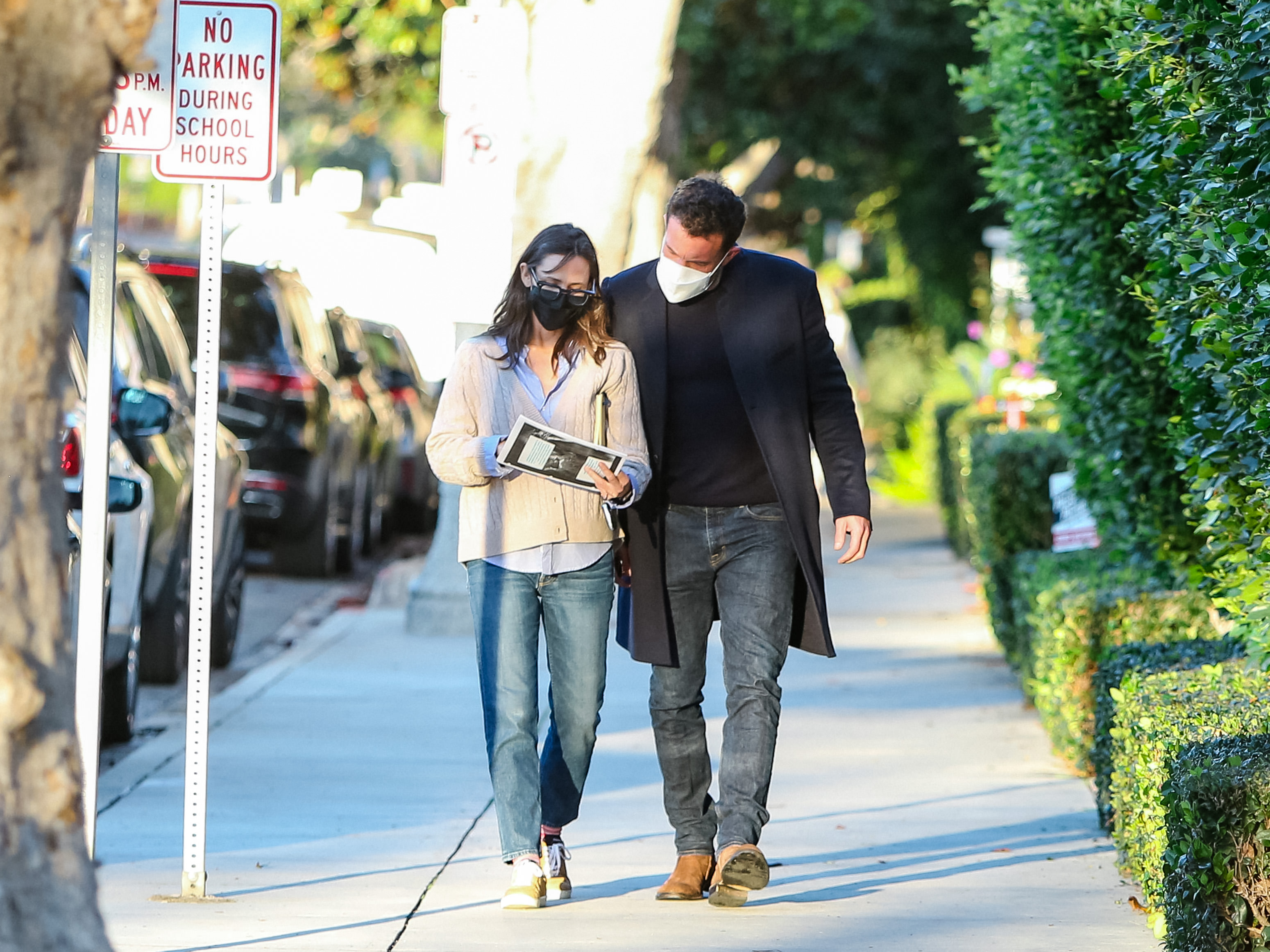Drinking coffee in the morning could come with heart health benefits, compared to drinking it throughout the day or not drinking it at all, according to a study published on Tuesday.
Scientists from multiple U.S. universities studied the effects of drinking coffee in the morning on the heart health and death risk of more than 40,000 adults taking part in the U.S. National Health and Nutrition Examination Survey (NHANES) between 1999 and 2018.
Looking at death records for up to 10 years after NHANES began, the scientists found links between the risk of dying—from anything or specifically heart disease—and participants' coffee-drinking habits.
"This is the first study testing coffee drinking timing patterns and health outcomes," Professor Lu Qi from Tulane University in New Orleans, who led the study, said in a statement. "Our findings indicate that it's not just whether you drink coffee or how much you drink, but the time of day when you drink coffee that's important."
"We don't typically give advice about timing in our dietary guidance, but perhaps we should be thinking about this in the future," Qi continued.
Heart disease is the leading cause of death in the U.S., killing one person every 33 seconds, according to the Centers for Disease Control and Prevention.

Qi and his team found that morning coffee drinkers were 16 percent less likely to die for any reason, and 31 percent less likely to die specifically of heart disease, compared to participants who did not drink coffee.
But participants who drank coffee later in the day did not have these lower risks, so timing appeared significant.
Particularly low risks were associated with those who drank two, three or more cups of coffee each morning, rather than one.
"This study doesn't tell us why drinking coffee in the morning reduces the risk of death from cardiovascular disease," Qi said. "A possible explanation is that consuming coffee in the afternoon or evening may disrupt circadian rhythms and levels of hormones such as melatonin."
"This, in turn, leads to changes in cardiovascular risk factors such as inflammation and blood pressure," the researcher added.
Melatonin is a hormone that rises and falls according to whether it is day or night, with lower levels in the morning and higher levels as we go to sleep. It's one of many ways the body changes over a 24-hour cycle.
People without enough melatonin can take a synthetic version of it as a medication to help them sleep.
But consuming coffee too late in the day could disrupt these natural rhythms of sleepiness and wakefulness, leading to poorer quality sleep and possibly a higher risk of heart problems.
This study was observational, which means the scientists cannot be sure that drinking coffee in the morning caused the lower risk of heart disease or whether the two were just correlated with each other.
"Further studies are needed to validate our findings in other populations, and we need clinical trials to test the potential impact of changing the time of day when people drink coffee," Qi said.
Professor Thomas F. Lüscher from Royal Brompton and Harefield Hospitals in the U.K. wrote in an accompanying editorial to the paper: "Overall, we must accept the now substantial evidence that coffee drinking, particularly in the morning hours, is likely to be healthy. Thus, drink your coffee, but do so in the morning!"
The study was published in the European Heart Journal. Other studies have recently correlated drinking coffee with a lower risk of certain cancers and the likelihood of living almost two years longer.
Do you have a tip on a food story that Newsweek should be covering? Is there a nutrition concern that's worrying you? Let us know via science@newsweek.com. We can ask experts for advice, and your story could be featured in Newsweek.
Reference
Wang, X., Ma, H., Sun, Q., Li, J., Heianza, Y., Van Dam, R. M., Hu, F. B., Rimm, E., Manson, J. E., Qi, L. (2024). Coffee drinking timing and mortality in US adults, European Heart Journal, 00, 1-11. https://doi.org/10.1093/eurheartj/ehae871




















 English (US) ·
English (US) ·